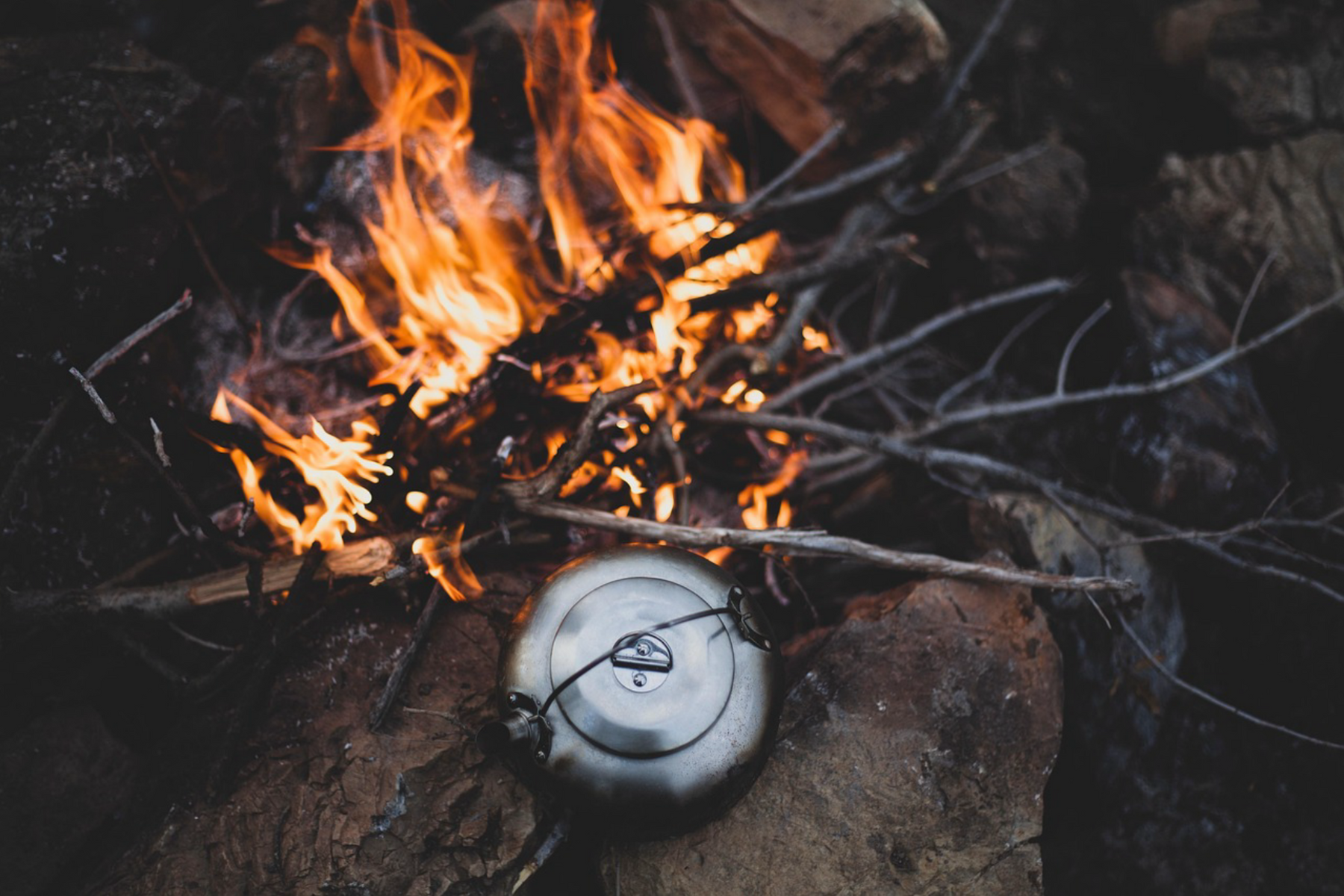
How to Plan Your First Camping Adventure: 5 Essential Tips for a Successful Trip
Heading into the Woods? Start Here.
I’ll never forget my first overnight backpacking and camping trip with my young family. I looked like a Sherpa hauling a mountain of gear, most of it unnecessary. Our backpacks were bursting with “just in case” items, and we quickly learned that the fun of camping comes from being prepared, not overloaded. For many beginners, a simple car camping trip at a local campground is the perfect place to start. Camping, even just one night under the stars at a campground, offers a chance to reconnect with nature, slow down, and build real self-reliance. Whether you're seeking a digital detox, quality family time, or your first step toward mastering outdoor skills, your first camping trip lays the groundwork for every adventure that follows. At Georgia Bushcraft, we’ve helped hundreds of people turn hesitation into confidence with practical, hands-on guidance. Here’s how to plan your first camping adventure the right way.
1. Choose the Right Location

The first step is deciding where to go. For beginners, it’s best to choose a maintained campground or a well-known backcountry site within a state or national park. Look for spots that offer easy access, clear signage, and basic amenities like water and restrooms.
Pro Tip: Don’t bite off more than you can chew. A site close to home means you can always cut the trip short if needed. You should always go outdoors with a backup plan. Also choose a place that has water. A lake, river, stream or similar is a great place to see wildlife, skip rocks, or just enjoy the sounds that come from water.
2. Pack Smart—Not Heavy

Overpacking is a common rookie mistake. Focus on essential camping gear for beginners: tent, sleeping bag, sleeping pad, fire starter, headlamp, food, water, and appropriate clothing. Use a checklist and stick to it. For the first timers, I recommend you camp where you can park close by. That way you can bring as much gear as you like. If you don’t need it all, great. If you do, you can always get more gear from the car.
Pro Tip: Test your gear in the backyard before you hit the woods. Know how your stove works. Set up your tent. Learn how to repack your bag. Try it out in bad weather as well. If things do not go as planned, head back into the house.
3. Know the Weather and Dress for I
Check the weather forecast for your camping dates and location, then prepare for it to be wrong. Layering is your best strategy for temperature swings, especially where spring and fall can fluctuate quickly. In my home state of Kentucky, like many of you I am sure, we have a saying, “if you don’t like the weather, just wait 10 minutes.” Layering is your friend.
Pro Tip: Avoid cotton in cool or wet weather. Stick with wool, synthetic layers, and a waterproof shell.
4. Plan Your Meals (and Snacks)

Camp cooking doesn’t need to be fancy, but it does need to be planned. Choose easy-to-cook meals that require minimal cleanup. Think of foil packet meals, instant oatmeal, or freeze-dried backpacker meals. Once you start becoming a pro, you can go deep into culinary specialties over a fire. Until then hot dogs, and s’mores work for most everyone.
Pro Tip: Pack more snacks than you think you’ll need. A hungry camper is a grumpy camper.
5. Learn Basic Survival and Bushcraft Skills

Camping is more than just sitting by a fire. Learn the fundamentals of fire-building, knot-tying, and setting up shelter. Not only will it make your trip smoother, but it’ll give you the confidence to explore more. One way to combine camping and these skills is to visit Georgia Bushcraft for the Fall and Spring group events.
Pro Tip: Join one of our introductory workshops to get hands-on training in a supportive environment.
Final Thoughts
Your first camping trip should be challenging in the best way. Memorable, confidence-building, and just a little bit rugged. With the right preparation, you’ll walk away with not only memories but skills that last a lifetime.
Ready to take the next step and still need some help? Come camp with us at Georgia Bushcraft, there are many people here ready to help.
Conclusion: Start Your Bushcraft Journey Today
Bushcraft is more than a hobby—it's a way of life that fosters self-reliance, sustainability, and respect for nature. By practicing responsibly, equipping yourself with essential tools, and sharing your knowledge with others, you can make bushcraft a meaningful and rewarding experience.
Whether you're crafting your first shelter or teaching the next generation about the outdoors, bushcraft offers endless opportunities to gain experience, learn, and connect with the natural world. Start your journey today and discover the transformative power of bushcraft.

Craig Caudill is the Director of Nature Reliance School, where he leads in-person and online training in wilderness survival, bushcraft, tracking and disaster readiness. He is the author of multiple books on outdoor skills and has been featured as a consultant for the US Government, national television, and survival programs. With decades of experience, Craig is dedicated to teaching others how to interact responsibly with nature while building self-reliance. Learn more at www.naturereliance.org.



